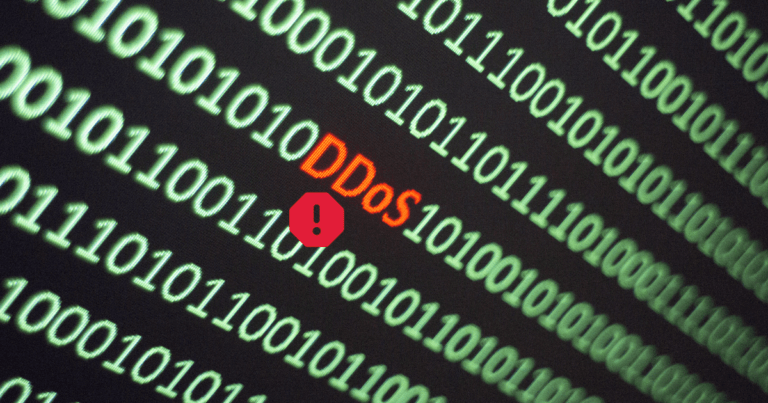
With a new year comes new challenges. As technology advances, businesses rely more on internally managed systems to protect their data and employees from cyber-attacks. As a result, we are witnessing shifts in the cybersecurity trends. Data breaches, ransomware, and phishing attempts are becoming the norm. Here are some of the cyber security threats to expect in 2023.
Artificial Intelligence
Machine learning is revolutionising artificial intelligence and transforming cyber security trends. It is being utilised to strengthen cyber security measures, with AI-powered threat detection now able to forecast new cyber attacks and promptly alert IT departments about any data breaches.
Ransomware
This year has seen an increase in ransomware attacks, particularly within the healthcare and education sectors. Ransomware attacks are expected to rise, especially in industries that rely on software for their daily operations.
Human Error
One of the main causes of data breaches is human error. This will continue to be a primary factor in 2023 unless organisations provide proper cyber security awareness training to protect their reputations and avoid financial implications. According to Infosec, 97% of people cannot identify a phishing email.
Phishing attempts
Phishing attacks are extremely successful within the IT sector and will continue to be in 2023 becoming more personalised and geo-targeted businesses must continue to invest in security awareness and simulators so that employees are aware of company threats.
IoT vulnerability
As businesses increasingly use Internet of Things (IoT) devices in their day-to-day operations, it has created more opportunities for cybercriminals. Since IoT devices send and receive data, they may lack proper security to protect themselves from cyber threats. This poses risks to users, making the devices susceptible to cyber-attacks such as DDoS and password attacks. In 2023, it’s important to be aware of these IoT vulnerabilities.
Concerned about your current cyber security infrastructure? Arrange a chat with one of our experts today.




